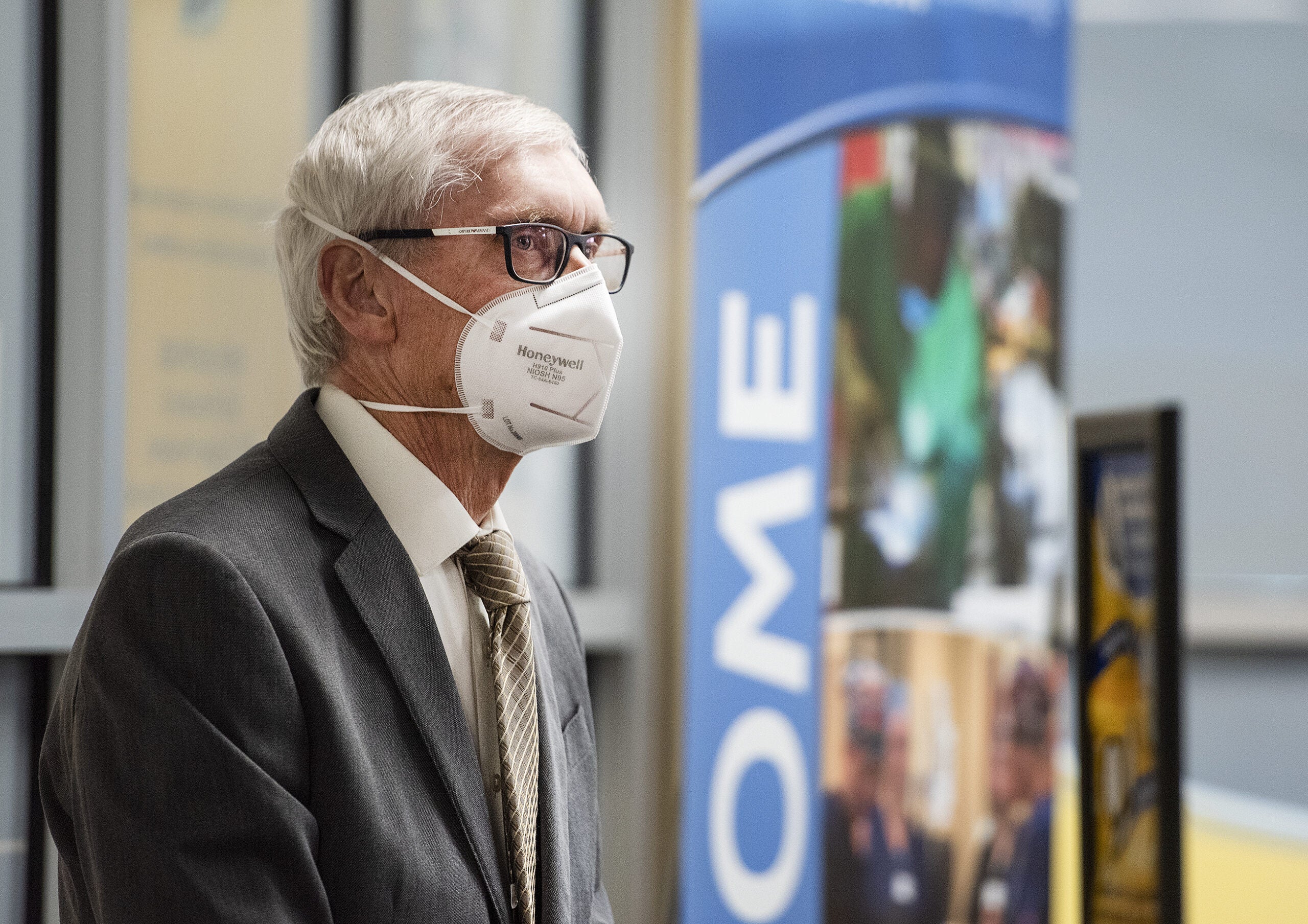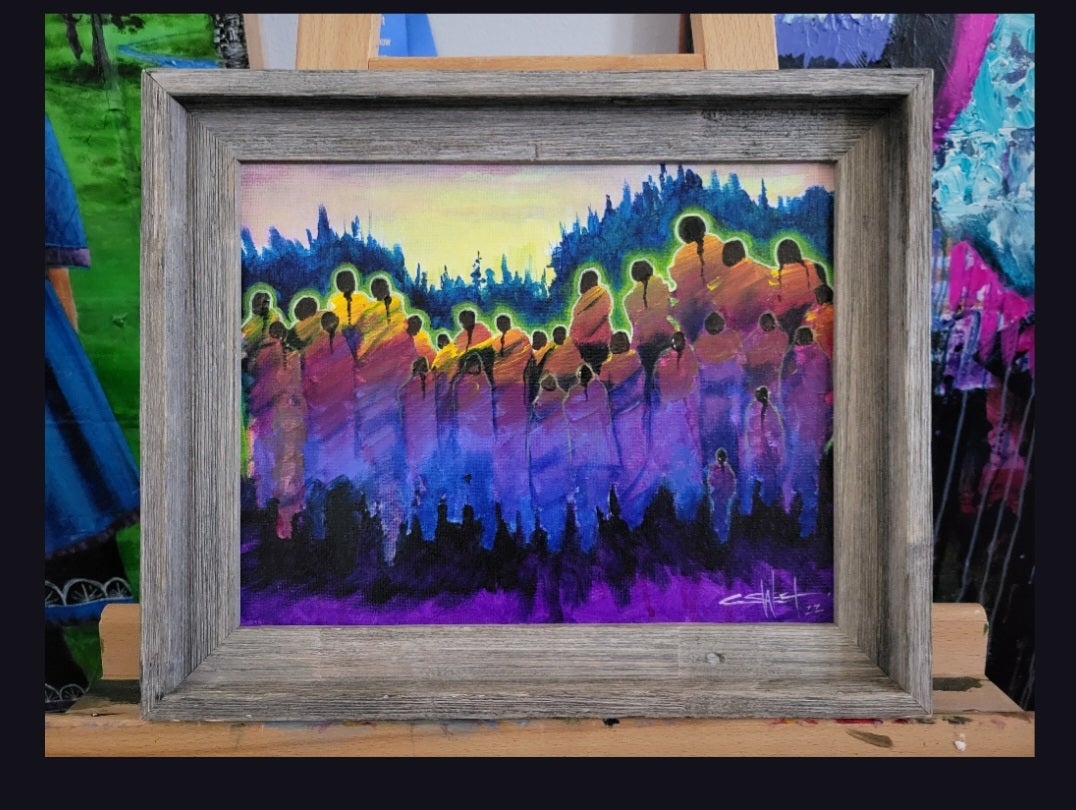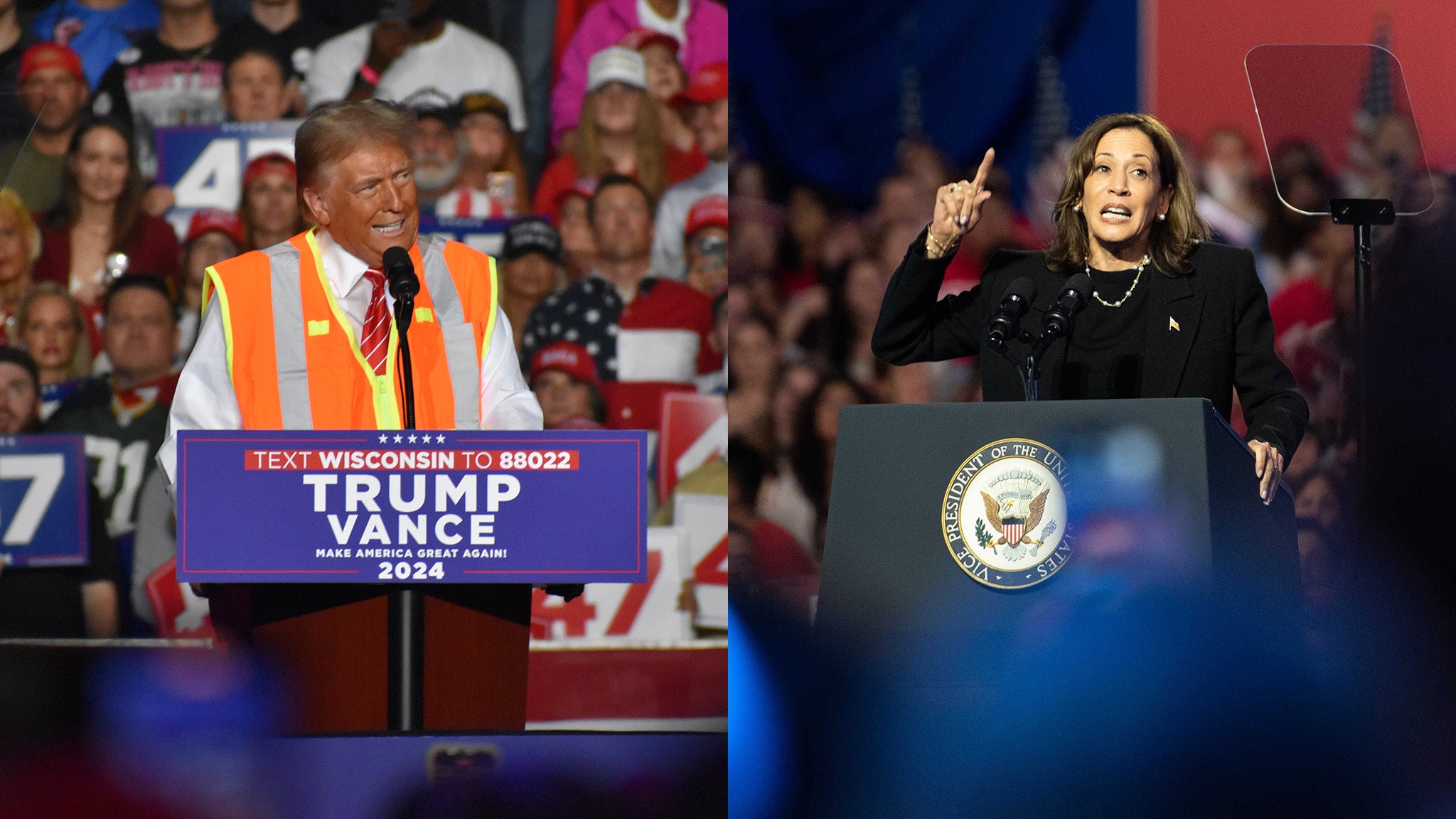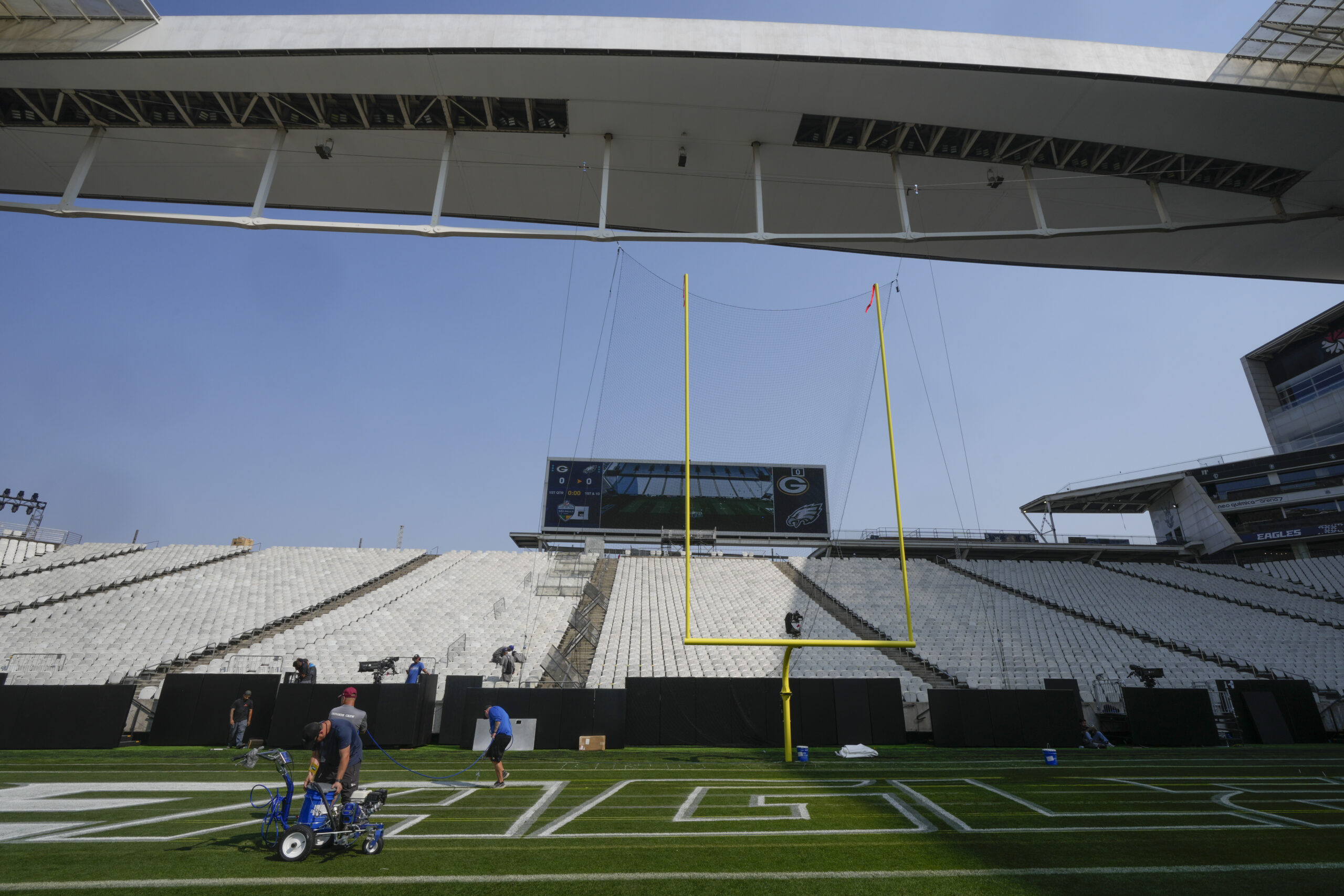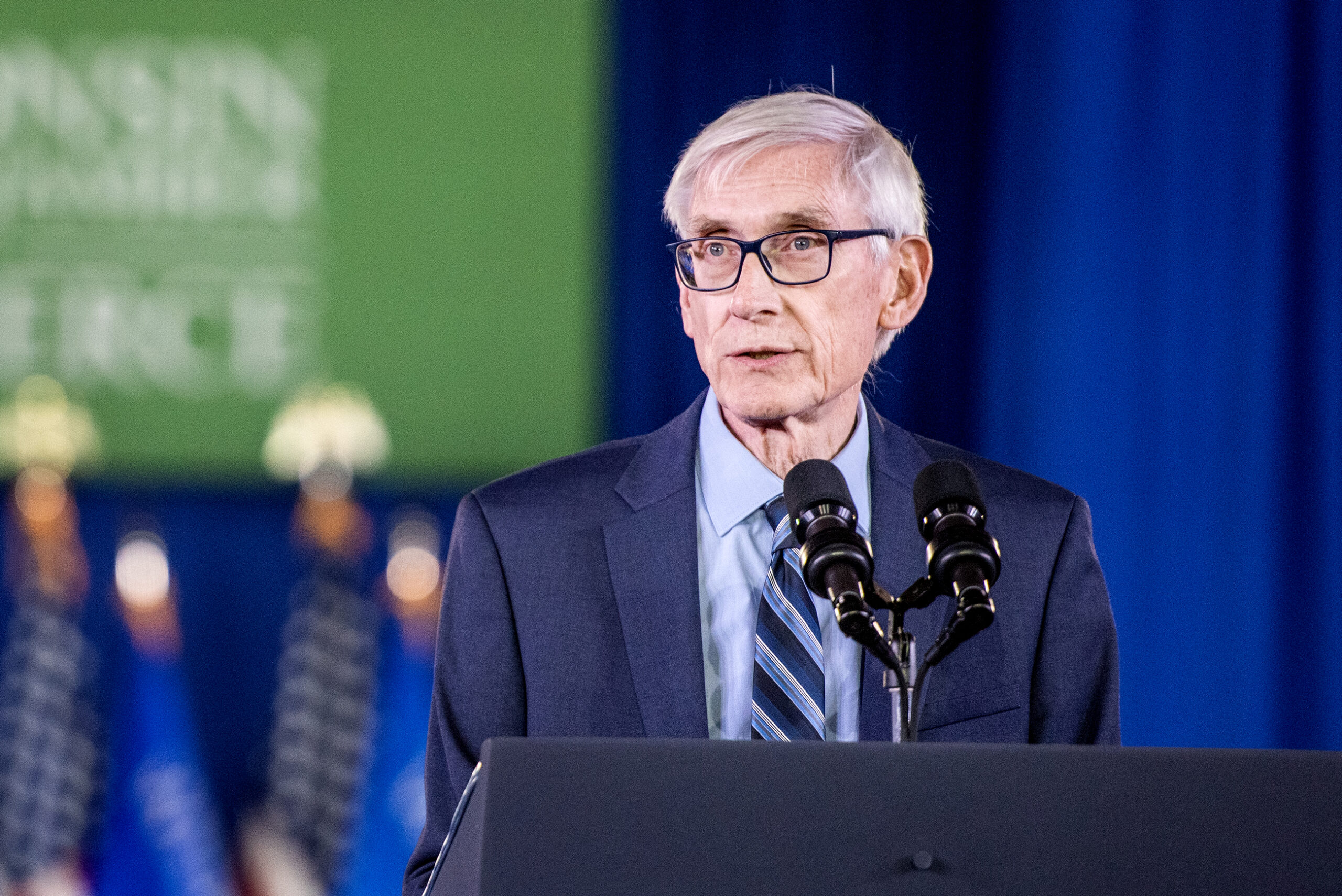On Friday, Gov. Tony Evers signed 14 bills into law. Perhaps most notable is Act 21, which allows Wisconsin bars and restaurants to sell cocktails to go starting Sunday.
Other bills signed Friday include applying for bear hunting licenses, lowering the cost of prescription drugs, regulations on home inspectors and more.
Wisconsin’s Vaccine Rollout
Stay informed on the latest news
Sign up for WPR’s email newsletter.
Wisconsinites with certain medical conditions became eligible for the COVID-19 vaccine March 22, which is one week earlier than previously anticipated.
Also that day, a law was passed that allows dentists in the state to administer COVID-19 and flu vaccines.
WPR reporter Bridgit Bowden walks readers through her experience getting the vaccine.
As of Saturday, 1,674,882 Wisconsinites have received one dose of the vaccine, and 978,416 have received both doses.
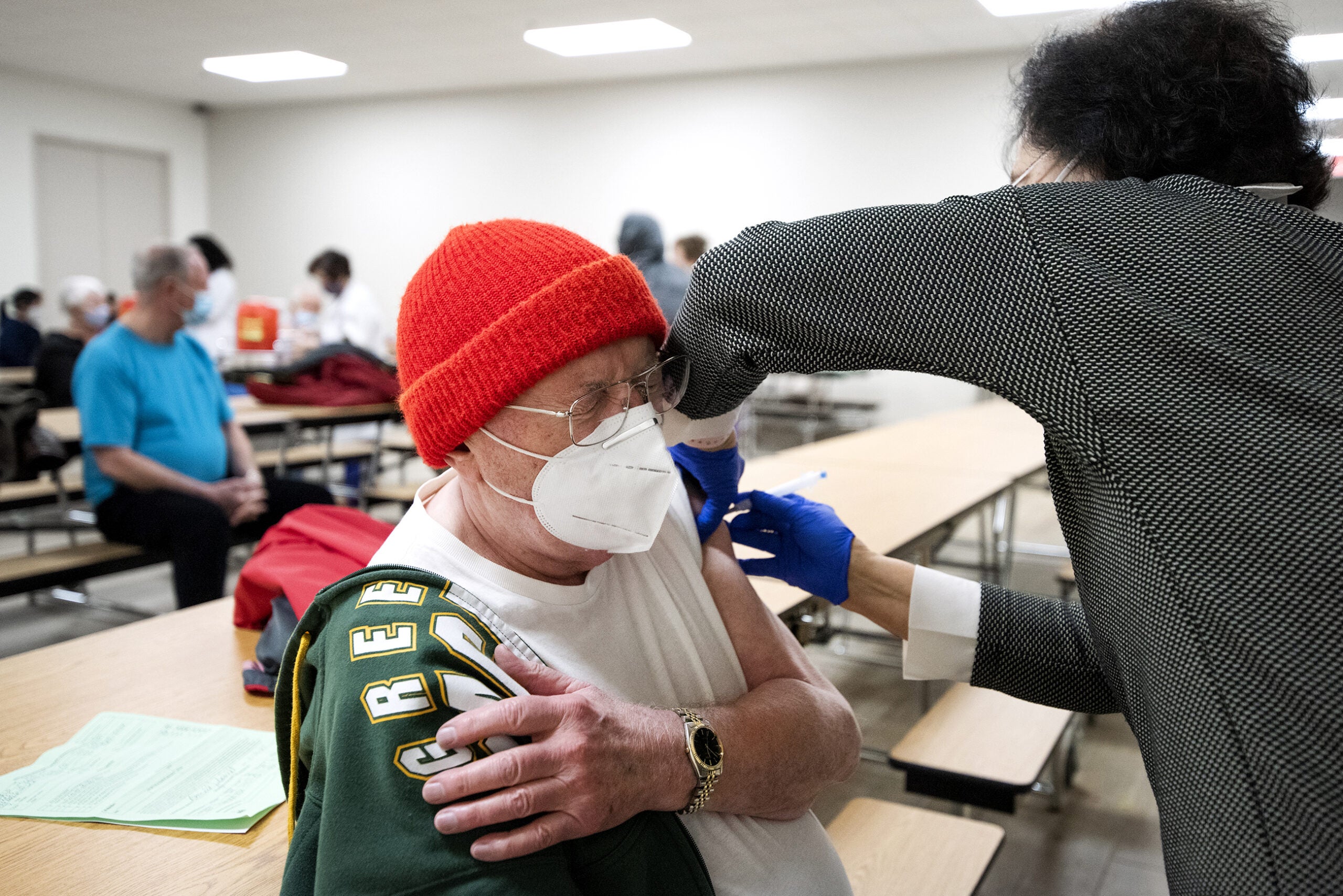
State Waterfall Road Trip
This article takes you through the state’s seven waterfalls, which can be seen within one day if you follow the right route.
Remember that spring is a muddy time of year, often making it difficult to drive or hike on some roads and trails. The Journal Sentinel reports it’s best to take a high-clearance vehicle on this route and be prepared for more walking.
Badgers: Football Tickets, Band Practice And More Canceled Volleyball
Football: Season tickets for Badgers football are now on sale. Find tickets at UWBadgers.com or by calling 608-262-1440.
Band: Earlier this month, the University of Wisconsin-Madison changed its COVID-19 guidelines to allow 50 people to gather indoors and 150 people outdoors. This paved the way for the school’s varsity band to have its first large group practice in over one year.
Volleyball: The Badgers volleyball game against Penn State was canceled due to coronavirus concerns this weekend, marking the eighth (Friday) and ninth (Saturday) cancellations of their season. The Badgers are ranked No. 1 with a record of 11-0.
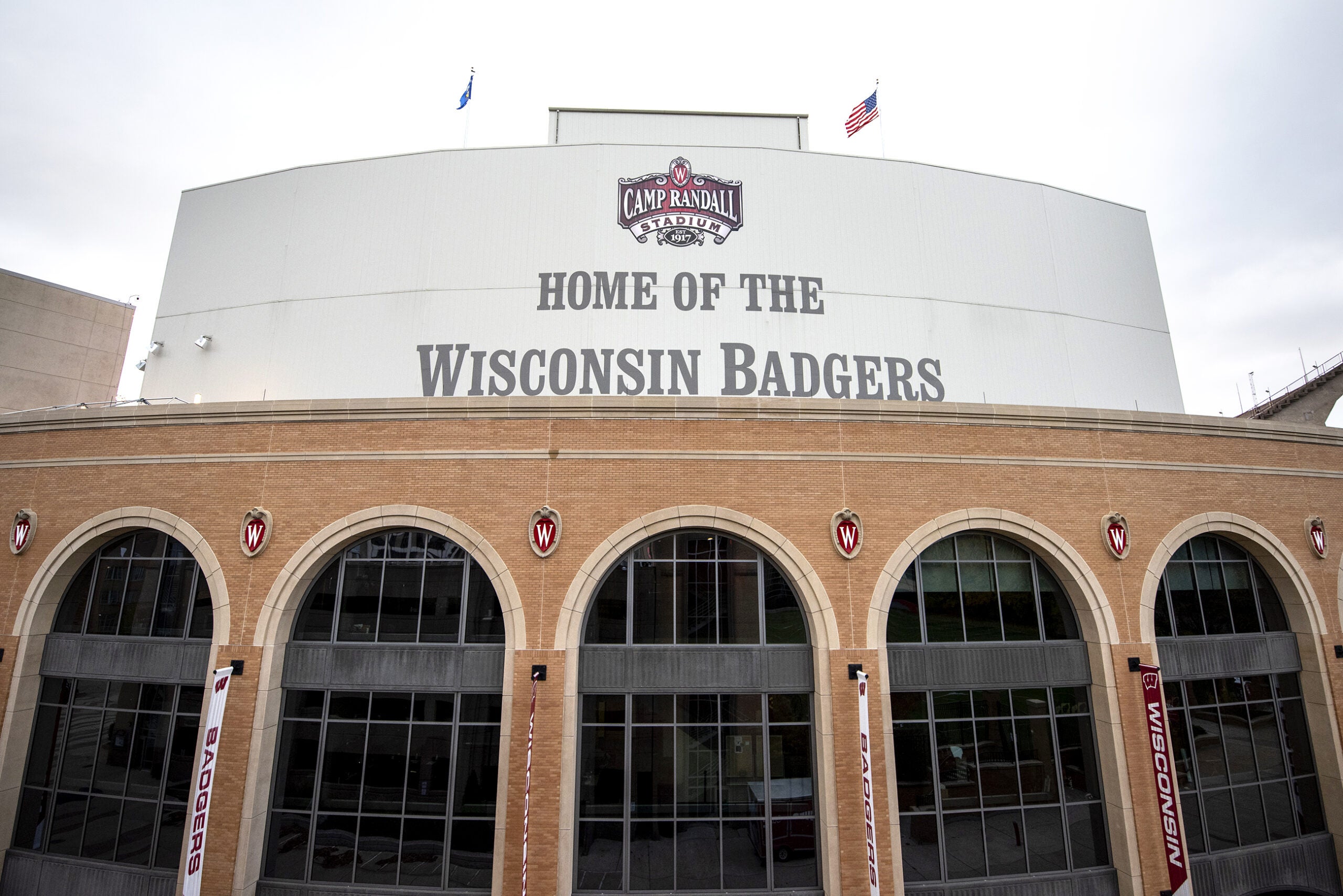
UW-Madison Students Cited In Theft Of Rare Arboretum Tree
Three University of Wisconsin-Madison students stole a rare pine tree from the Arboretum in November, according to campus police.
The 19-year-olds told the police the theft was part of a “pledge” activity for the Chi Pi fraternity, which hasn’t been recognized as an official student organization since 2015. Each of the students could face a $200 fine.
State Poets Connect Through Creativity
“We’re responding to quarantine and COVID and not being able to gather through our art, through poetry,” Christina Kubasta, managing editor of the collection “Sheltering with Poems: Community and Connection during COVID,” told the Cap Times.
Editors of the collection put out a call to poets in Wisconsin, including the state’s poet laureate Dasha Kelly Hamilton. Read about the impact of the collection here.
Wisconsin’s Prison, Jail Populations Plummet During Pandemic
Wisconsin prisons and local jails held fewer than 30,000 inmates as of December, the first time the number of inmates has been that low in 20 years. The COVID-19 pandemic caused the inmate population at Wisconsin’s local jails to decline by more than one-third in 2020, according to a report released March 25 by the Wisconsin Policy Forum.
Some Migrant Port Of Entries Rejecting People Back To Mexico
One of President Biden’s most pressing issues is the “huge logistical and humanitarian challenge” of immigration along the U.S.-Mexico border, NPR reports, and around half of the 5,000 migrants that cross every day are allowed to stay in the U.S. and ask for asylum, while the rest are turned back to Mexico
But some areas on the U.S.-Mexico border are refusing to accept migrants back to Mexico, according o a senior Border Patrol official who spoke on condition of anonymity to reporters on Friday.
Wisconsin Public Radio, © Copyright 2024, Board of Regents of the University of Wisconsin System and Wisconsin Educational Communications Board.

